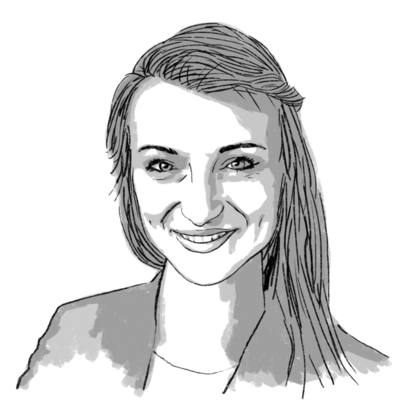#ShutDownSTEM: How scientists are joining the BLM fight

 Eva Botkin-Kowacki
Eva Botkin-Kowacki
On Wednesday, thousands of scientists went on a 24-hour strike to join the Black Lives Matter movement. They stopped their experiments and calculations, canceled classes, and shifted their attention to educating themselves on the inequities perpetuated in STEM and academia. Some major research journals joined in, too, delaying the announcement and publication of papers (with exceptions for COVID-19 research).
“As members of the global academic and STEM communities, we have an enormous ethical obligation to stop doing ‘business as usual,’” says a statement by the organizers of #ShutDownSTEM. “In academia, our thoughts and words turn into new ways of knowing. Our research papers turn into media releases, books and legislation that reinforce anti-Black narratives. In STEM, we create technologies that affect every part of our society and are routinely weaponized against Black people.”
The strike was conceived of and coordinated by a diverse group of largely physicists and astronomers. Non-Black researchers were advised to use the strike day to educate themselves on systemic racism in their fields and institutions, and to draft plans to eliminate inequalities. Many took to social media to amplify the experiences of Black scientists and academics, using a hashtag #BlackintheIvory that began trending June 6.
“It seems like it finally gave people a voice,” Joy Melody Woods, a doctoral student at the University of Texas at Austin, told Wired. Ms. Woods was the first to use the hashtag, which grew out of dialogue with her friend and colleague Shardé Davis. Both are Black women. “People who’ve felt gaslit by their experiences, people who live their working lives in isolation in all-white spaces, finally they had a place where they could see and hear other Black stories. And that’s been really powerful.”




